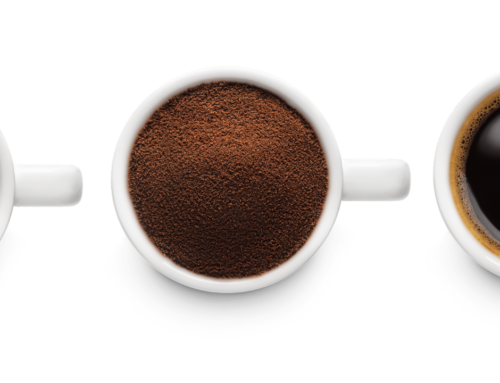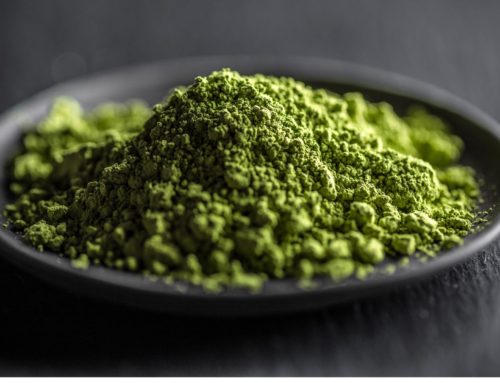What we eat has a direct impact on how we feel both physically and emotionally. The relationship between nutrition and mood is a complex one, with a variety of factors influencing it. In general, good nutrition is essential for good mental health.
Certain nutrients are particularly important for maintaining a healthy mood. These include omega-3 fatty acids, magnesium, vitamin D, and probiotics. Eating a balanced diet that includes all of these nutrients can help to improve mood and reduce the risk of mental health problems.
Poor nutrition, on the other hand, can lead to a variety of emotional and physical health problems. It is therefore important to be mindful of what we eat and to ensure that our diet is providing us with all the nutrients we need for good health.
The Science Behind the Relationship Between Nutrition and Mood:
The relationship between nutrition and our mood has been long established. Studies have shown that consuming certain nutrients can lead to improved mental health, while deficiencies in certain nutrients can cause or worsen existing mental health conditions. The primary way by which nutrition influences our mood is by affecting the hormones involved in regulating our emotions. Foods that are high in sugar, for example, can cause a temporary spike in mood-boosting hormones, such as dopamine and serotonin. Unfortunately, this spike is often followed by a subsequent crash in sugar levels, which can lead to feelings of depression and fatigue. Eating a balanced diet that includes all of the necessary nutrients can help to regulate our hormones and keep our mood more stable. Nutrients play an important role in brain health. In particular, omega-3 fatty acids have been shown to have a positive impact on the brain, improving its ability to think, learn, and remember. Omega-3 fatty acids are found in fish, nuts, and some seeds. Consuming foods that are rich in these nutrients can help to support good mental health.
The Most Common Nutrient Deficiencies that Can Lead to Mood Disorders:
There are a number of nutrients that can play a role in mental health. Deficiencies in any of these can lead to an increased risk of developing mood disorders, such as anxiety and depression. The most common deficiencies are omega-3 fatty acids, magnesium, vitamin D, and probiotics. Omega-3 fatty acids are important for brain health, and a deficiency in these can lead to a decrease in mental functioning. Eating more fatty fish and nuts is a good way to increase your intake of omega-3 fatty acids. Magnesium is another important mineral for mental health. A deficiency in magnesium can lead to an increase in anxiety and depression. Eating more dark green leafy vegetables and nuts is a great way to boost your intake of magnesium. Vitamin D is also essential for good mental health. Low levels of vitamin D have been linked to an increased risk of depression. To increase your intake of vitamin D, opt for foods that are high in this nutrient, such as eggs, dairy products, and fortified cereals. Probiotics are beneficial bacteria that are found in our gut. They can help to regulate our hormones and improve our mood. Eating probiotic-rich foods like yogurt, kefir, and sauerkraut is a great way to increase your intake of these beneficial bacteria. Foods to Avoid if You Want to Keep Your Mood Stable: Eating processed and sugary foods can have a negative impact on your mood. In particular, artificial sweeteners have been linked to an increased risk of depression and anxiety. Eating foods that are high in sugar can also cause a crash in blood sugar levels, which can lead to feelings of fatigue and depression. It is also important to be mindful of the type of fats you are consuming. Trans fats, in particular, have been linked to an increased risk of depression. Reducing your consumption of these types of fats can help to reduce the risk of developing a mental health disorder.
The Best Foods to Eat for Good Mental Health:
Eating a balanced diet that includes all the essential nutrients is important for maintaining good mental health. Eating more fruits and vegetables is a great way to get all your vitamins and minerals. Nuts, seeds, and fatty fish are also excellent sources of omega-3 fatty acids and other important nutrients. Whole grains are also important for mental health, as they are rich in B vitamins, which are essential for the proper functioning of the brain. Eating more whole grains can help to reduce the risk of developing mental health disorders.
Supplements That Can Improve Your Mood:
While eating a balanced diet is important for maintaining good mental health, taking certain supplements can be beneficial as well. Omega-3 fatty acids, magnesium, and vitamin D are three of the most important supplements for mental health. Taking a daily supplement can help to improve mood and reduce the risk of developing mental health conditions. Probiotics are also beneficial for mental health. Taking a probiotic supplement can help to regulate hormones and improve mood.
Other Lifestyle Changes You Can Make to Improve Your Mood:
Nutrition is not the only factor that can affect our mood. Stress, lack of exercise, and poor sleep are also common factors that can contribute to mental health issues. Reducing stress is just as important as making sure you are getting all the necessary nutrients in your diet. Getting plenty of exercise is also important for good mental health. Exercise releases endorphins, which are hormones that help to improve your mood. Finally, getting enough sleep is essential for maintaining a healthy mood.
The relationship between nutrition and our emotions is a complex one. Eating a balanced diet that includes all the necessary nutrients is essential for good mental health. Eating more fatty fish, nuts, and whole grains can help to provide the body with all the necessary vitamins and minerals it needs. Taking certain supplements, reducing stress, and getting enough exercise and sleep can also have a positive effect on our mood. Good nutrition and a healthy lifestyle are essential for a healthy mind and body.




